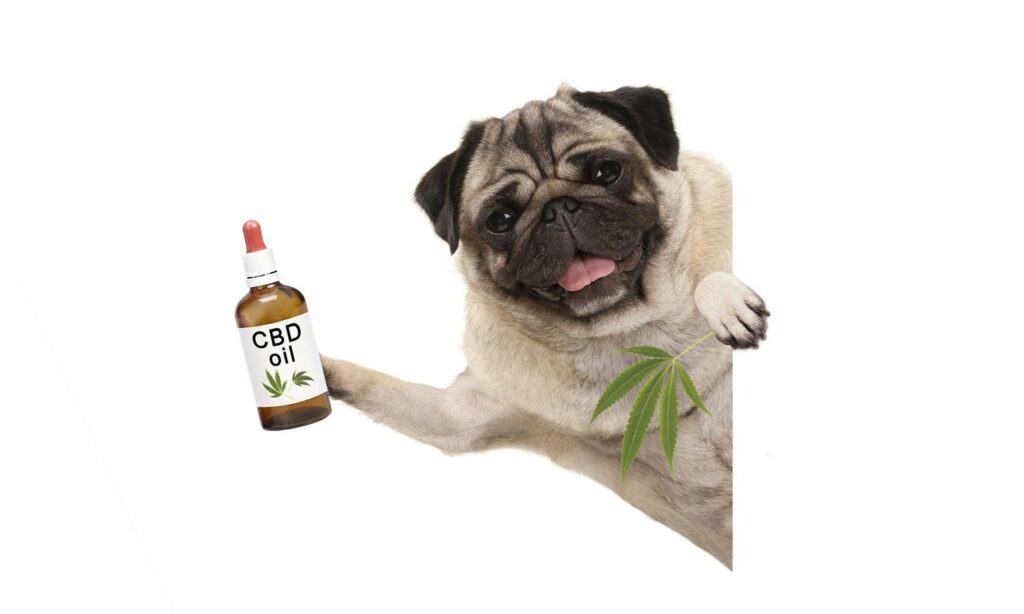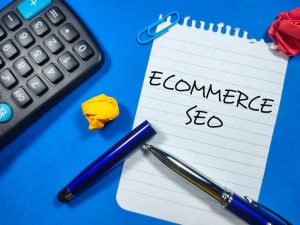CBD may seem like a dream product to the budding marketer; it addresses many ailments, has few known side effects, and it literally grows on trees. But even in 2020 the stigma surrounding CBD and CBD marketing is still strong. Because of that, it’s important to aim carefully and avoid common pitfalls if you’re looking to promote a CBD brand.
What is CBD?
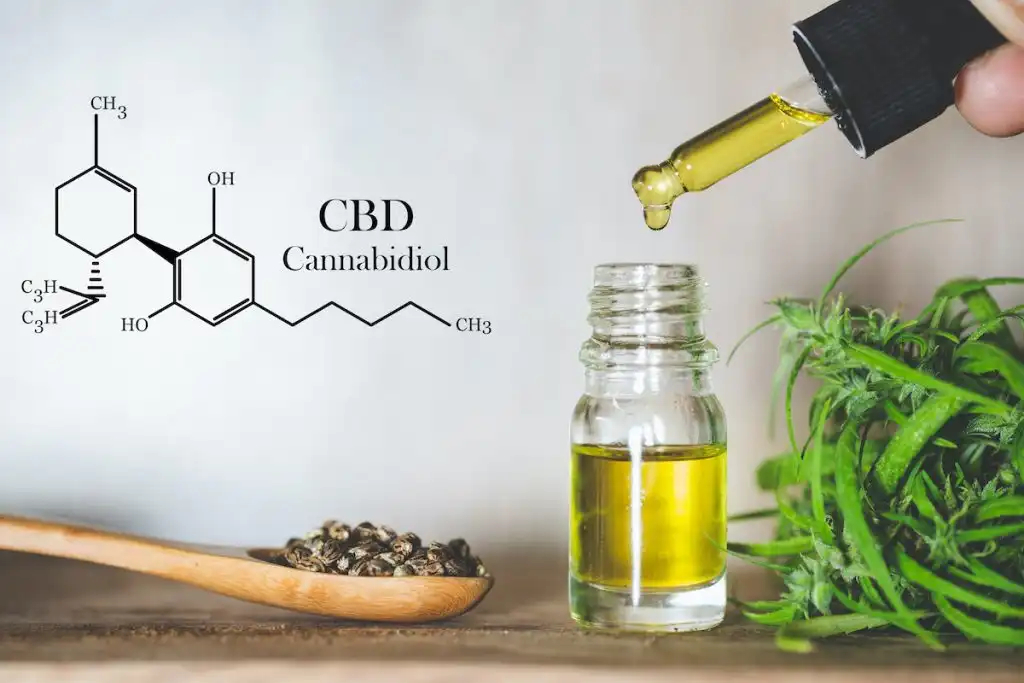
CBD’s full name is cannabidiol. It’s one of over a hundred known cannabinoids, which are chemicals found in cannabis/marijuana. Unlike other cannabinoids, CBD does not “get you high” or have any hallucinogenic or psychedelic properties. It is purely medicinal, and can be used to treat a range of ailments from anxiety and insomnia to pain and inflammation.
While CBD’s many uses may make it seem easy to market, the fact that it comes from a semi-illegal substance such as cannabis can cause some complications.
What you should know about CBD laws in Canada
In Canada CBD production, sales, and marketing are governed by the same laws that control cannabis. The Cannabis Act, passed in 2018, states that unauthorized use of CBD (or other phytocannabinoids) is still illegal in Canada. A processing license is required in order to lawfully create CBD products, and specific authorizations are also necessary for anyone wishing to sell CBD or other cannabis products.
When it comes to packaging, advertising, and marketing, Canada has some clear laws in place. Companies must not pursue campaigns that could be construed as targeting or appealing to minors. In this way, the rules surrounding CBD marketing are similar to Canada’s regulations regarding the sale of tobacco and alcohol.
The legal status of CBD in the United States
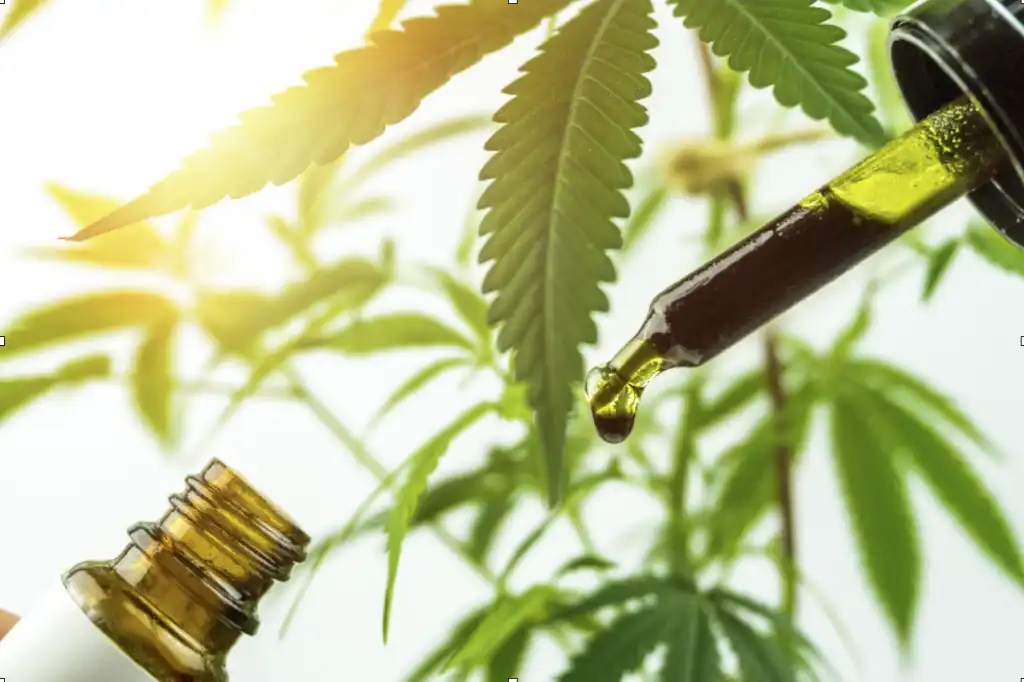
Cannabis (and by extension CBD) is still illegal at the federal level in the United States. However, many states have either legalized or decriminalized it for medicinal and/or recreational purposes. While the Food and Drug Administration technically does not permit any advertising of CBD or cannabis-related products (and neither do many ad networks), some businesses find creative ways to get around the law.
Here’s an example of an ad that’s running on Facebook for a supplement fulfillment company at the time I’m writing this. Do you see what they did?
This ad is definitely toeing the line, but evidently the company thinks it’s worth the risk. With thousands of brands promoting CBD products and new companies starting up every day, the FDA has a difficult task on their hands.
Why is CBD marketing important?
While CBD is a popular product among certain types of patients, due to stigma and lack of awareness there are many potential users who won’t even consider CBD. With the rate at which the cannabis and CBD industry is growing, there are definitely not enough active, interested CBD users to keep all the sellers in business.
Organic CBD marketing is doubly important because of the fact that many ad networks do not permit CBD ads. Without a solid marketing strategy, a CBD brand may have difficulty getting any attention at all.
8 Top Tactics for marketing your CBD brand
Since many advertising platforms make it difficult to advertise CBD, how can you advertise your CBD brand in 2020? Here are eight of the best strategies for marketing CBD online.
Tactic 1: Content Marketing
Since advertising CBD outright can be problematic, the best option is often to take a content-based approach. By creating content relevant to CBD and the needs/pain points of its consumers, you can become an authority in the CBD space. If you have a blog where people regularly come for information, it will be much easier to convert and sell to that audience.
Content marketing is not limited to blogging though; infographics and short videos can go a long way on social media, and podcasts are still growing as a popular marketing medium. You can also create downloadable content such as ebooks or audio files to give away as lead magnets.
Tactic 2: Search Engine Optimization
SEO goes hand in hand with content marketing, but you can definitely have one without the other, so we thought it important to touch on both. While content creation will give your audience something to consume that will build your brand’s identity and authority, SEO is the practice that will get your content found in the first place.
While most people think of Google and Bing when they consider search engines, remember that YouTube and Pinterest are also search-based platforms. Understanding how search works on each unique platform and optimizing your content accordingly can be a full time job. That’s why most companies will choose to outsource their SEO to a knowledgeable agency.
Tactic 3: Affiliate marketing and referral marketing
Creating an affiliate network is one tried-and-true tactic which is working well for many CBD and cannabis related brands. While it’s not as easy to scale as running ads on Facebook or Google, an effective affiliate or referral program can go viral just as easily as a tweet. If you sell a product people love and find great ways to motivate them to promote on your behalf, you’ve created a self sustaining human ad network that will grow over time.
Some affiliate programs offer cash and/or prizes, while others just provide their referrers with credit for their products. For anyone who plans on buying CBD products regularly, this can be an extremely beneficial scenario.
Tactic 4: Email marketing and push notifications
If you implement the tactics outlined above (or even one or two of them), you should be able to drive a decent amount of traffic to your website or online store. But what if no one is buying? Many consumers need to be reminded about a product numerous times before their internal dialogue will shift in its favor. That’s why email marketing and push notifications are a key to CBD marketing.
Email marketing can be a great way to build a relationship with your audience as well, as can push notifications (though to a lesser extent due to the message length limitations). Once you have someone on your email list your odds of selling to them once increase exponentially, and that first sale creates the opportunity to build a lasting relationship.
Tactic 5: Influencer marketing
Influencers can drive a tremendous amount of traffic with a couple taps on their mobile device, especially if they’re promoting something their fan base is already interested in. Hiring shoutouts from influencers can be a great way to increase your brand awareness and even potentially generate some sales. Considering how competitive the CBD business is, partnering with a popular influencer and paying them for regular assistance makes a lot of sense.
Tactic 6: Coupon sites and review sites
Coupon sites and review sites generate a ton of traffic, and while that traffic isn’t always of the highest quality, these types of sites can really help CBD brands to scale their sales. If you give a coupon site 600 codes, you can bet they’re going to do their best to make 600 sales. This can be a great way to keep product moving and ensure none of your inventory goes to waste.
Tactic 7: Programmatic ads
Programmatic advertising is a powerful process of buying and selling ads online using algorithms and automation. The systems used are designed to find and deliver to the best possible audience at the best possible time. Programmatic ads can find and fill placements within milliseconds, appearing as needed and then leaving so as not to waste budget.
Since CBD is still a niche market, finding and targeting the right people online can be tricky. Programmatic advertising solves this problem at lightning speed.
Tactic 8: Trade shows post COVID-19
Even though many of 2020’s trade shows have been missed due to the global pandemic, people will be determined to start gathering again, and trade shows are traditionally a huge booster for CBD and cannabis brands. In addition to building brand awareness and finding potential customers, you can use trade shows to build relationships with others in the industry who may become partners in the future.
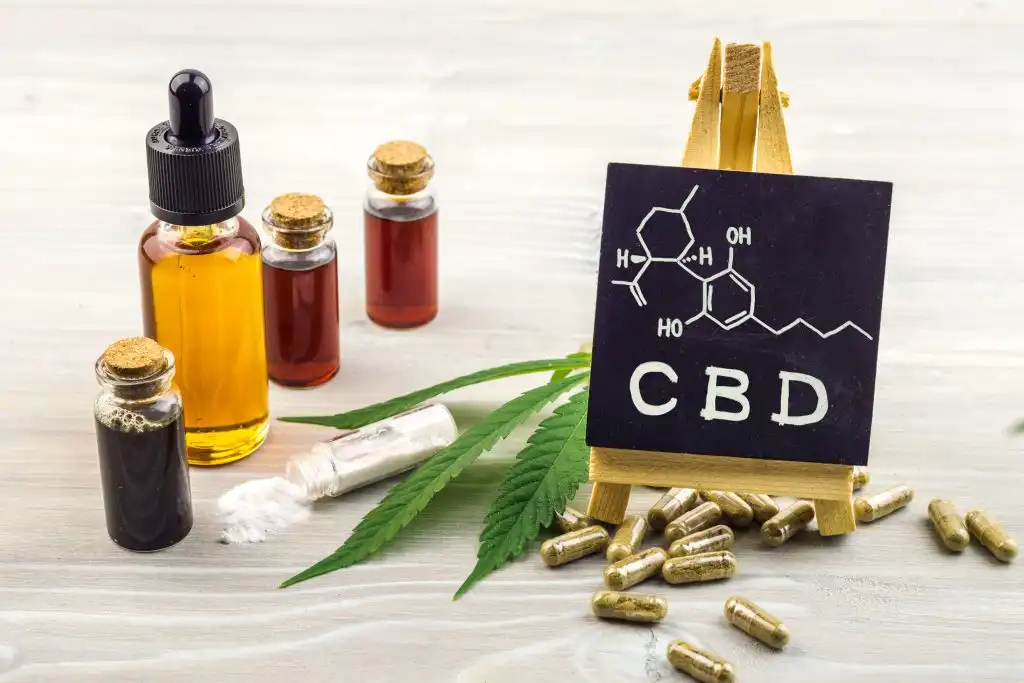
How 2Marketing Helps CBD Brands
At 2Marketing we work to refine each client’s audience before running after results. CBD has a broad and diverse range of potential consumers, and it’s likely your brand will appeal most to one or more subsets of users. We’ll create a plan that combines the tactics listed above with our years of marketing experience and your unique selling points. Contact 2Marketing to book your consultation today!
